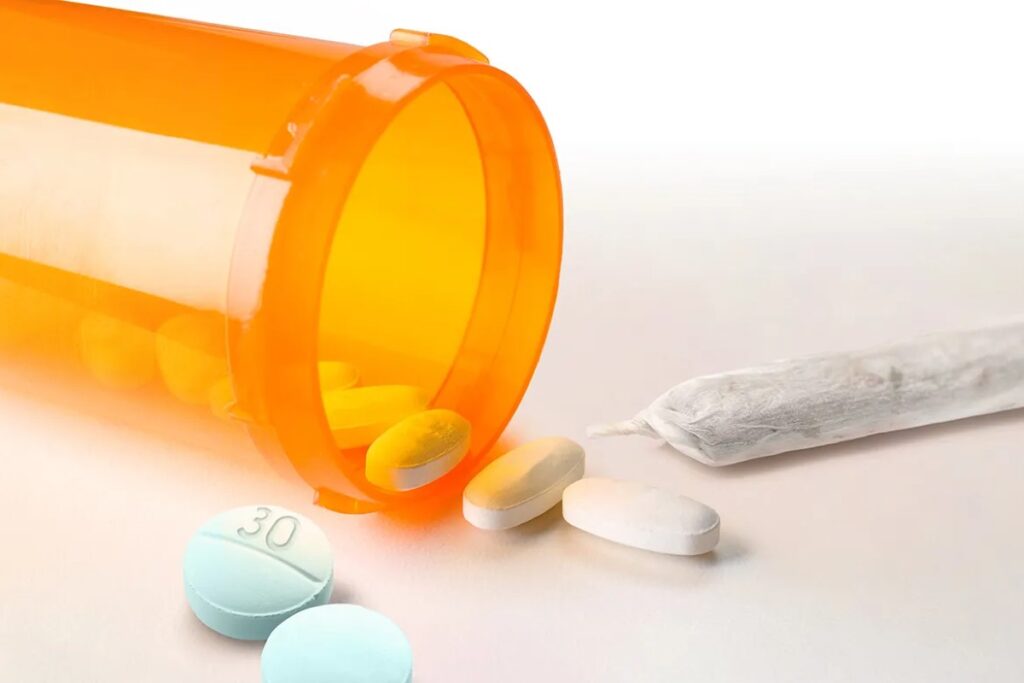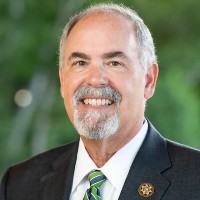
Editor’s Note: While this deeply personal story is from Charleston County, it applies to every county in the state, illustrating how fentanyl overdoses are ripping apart lives. It was first published in the Charleston City Paper.
By Herb Frazier | Two Awendaw brothers began Sept. 23, the first day of fall, with a drive to Charleston’s airport to pick up a friend, returning home with takeout food.
As the day wore on, however, the trio also ingested unknown substances that caused them to lose consciousness. When the visitor woke up in the middle of the night, he found his hosts unresponsive. He called 911.
Authorities arrived to find two sleeping children in a downstairs master bedroom. But upstairs in another bedroom were the two brothers — a 36-year-old man and his 39-year-old brother, who were next-door neighbors. They lay on their backs on the floor. The brothers were pronounced dead at the scene. Although no drugs or drug paraphernalia were found in the home, their deaths were later ruled the result of a mixture of fentanyl and ethanol, or alcohol, according to Chief Deputy Charleston County Coroner Brittney Martin.
The brothers’ father reportedly rushed to the home and tried to attack the visiting friend, a 44-year-old man from Ponte Vedra Beach, Fla., according to a Charleston County Sheriff’s Department report. He yelled at the visitor, accusing him of killing his sons, the report said.
Both men were handcuffed and detained briefly.
But minutes later, the visitor became incoherent and struggled to breathe. He was taken to a Mount Pleasant hospital but didn’t explain what happened to the brothers.
The visitor later reportedly died somewhere outside of South Carolina before deputies could download information from his cell phone and ask additional questions, said sheriff’s department spokesperson Amber Allen. But because the man apparently died in another state, Allen said she doesn’t know the specifics of where and when he died. The Charleston City Paper could not confirm his death with Florida authorities in an eight-county area near his home.
About six years ago, the brothers moved to the Awendaw area where they built homes and operated what a neighbor called a successful contracting business. Their deaths came nearly 15 years to the day after their older brother died at age 27.
Because the brothers’ unexpected deaths have traumatized their family, the City Paper is withholding their names.
Meanwhile, one of the brothers’ friends posted on his Facebook page: “Man, I still don’t want to believe this, You guys both always had a smile on your face [and] were always willing to help someone if they needed it. I remember playing hockey for the blades with ya for many years, and had some of the best times. All final goodbyes hurt, This one just really hits home. … Rest Easy you guys.”
The fentanyl scourge
The brothers died 12 days before Charleston County Coroner Bobbi Jo O’Neal held a press conference to warn the community that some 187 people had died since the beginning of the year from unintentional drug overdoses — a 15% increase from the 162 people who fatally overdosed in the same time period last year.

Soon after that warning, drug overdoses claimed the lives of two sisters who died together in Charleston and then a man and a woman who also died together in a North Charleston motel room, O’Neal told the City Paper.
Those deaths are also believed to be fentanyl-related, she said. Coroners in Berkeley and Dorchester counties have reported rising rates of drug overdoses linked to fentanyl, but the recent double deaths are unique to Charleston County, officials said.
Pharmaceutical fentanyl is classified as an opioid, prescribed to treat severe pain. A synthetic version is an additive to illegal street drugs, which is causing the jump in overdose deaths, officials said. Tiny amounts can kill.
“There are individuals who are making drugs to make them look like the originals. And that’s the big problem,” said O’Neal.
Deaths in doubles causing big alarms
“When we start seeing [deaths] in doubles, our problem is much bigger than we realized,” O’Neal said. “That is scary. That should be scary for anyone.
“I think people don’t think they are impacted [by fentanyl and other illicit drugs], but they are wrong,” she said. “It used to be cocaine or crack addicts [who overdosed], but it is not what we are seeing now.” Overdoses are occurring in people of all age groups, income levels and races, officials said.
O’Neal warned that everyone should be suspicious of the source of medications.
“No one should take anything from anyone that they don’t know exactly where it came from,” she said. “We don’t know what is mixed with what.”
Xanax is a legally prescribed drug that treats insomnia, panic attacks and anxiety disorders. But it is also popular as a street drug, the coroner said.
“If you are prescribed Xanax and you run out, don’t take your friend’s. You don’t know where the friend’s Xanax came from. You won’t know whether or not that was legal Xanax or if it was mixed with something and it has Xanax in it.
“There are individuals who are making drugs to make them look like the originals,” she added. “And that’s the big problem.”
Global problem, local ramifications
The chemicals that make up fentanyl are made in China and exported to Mexico where they are mixed to manufacture synthetic fentanyl, tri-county coroners said. During recent California talks between president Joe Biden and Chinese President Xi Jinping, China agreed to be tougher on companies that make and export the precursor chemicals used to create fentanyl.
In South Carolina, drug overdose deaths have risen from 1,100 people to 1,494 people between 2020 to 2021, according to the S.C. Department of Health and Environmental Control. In 2021, fentanyl was linked to more than two-thirds of all opioid-related overdose deaths.
Berkeley County Coroner Darnell D. Hartwell said the rise in drug overdoses is straining his staff and the department’s budget to conduct toxicology tests. Drug overdoses in Berkeley County have jumped from 42 in 2019 to 69 so far this year, he said. About 90% of the overdoses this year are suspected to be related to fentanyl, he added.
In a majority of the overdose deaths, he said, the victims may not have known they had ingested a dangerous substance. He said he and his staff are also monitoring Xylazine, an animal tranquilizer that is appearing in street drugs. It reportedly gives the user a higher and longer-lasting high, he said.
Berkeley County has formed an Opioid Fatality Review Board to study fatal overdoses to identify how possible gaps in services can be eliminated to prevent overdoses, he said.

“Heroin and marijuana do not come with fentanyl in it. Someone has to put it in there,” said Paul Brouthers, the coroner in Dorchester County where 103 fentanyl fatalities have occurred since 2018. “One is too many and that is of great concern to me personally and to my staff,” he said.
Brouthers said he hopes to lower that number by educating the public about the dangers of fentanyl and other illicit drugs. “Traffickers are pressing fentanyl into fake prescription drugs,” he said. “They don’t have any regard to how many people they may kill.”
O’Neal said she’s also seeing a spike in deaths at hotels partly due to a rise in the number of people living in hotels for a variety of social issues such as people fleeing domestic abusers and homelessness, she said.
“The hope is where we are seeing problems, we can have Narcan available, but that is a stigma hotels don’t want,” she said. Narcan is the brand name of medication naloxone, a nasal spray that reverses the effects of opioids. “We’d like for [hotels] to be part of the solution.”
- Herb Frazier is senior projects editor for the Charleston City Paper. Have a comment? Send to: feedback@statehousereport.com


